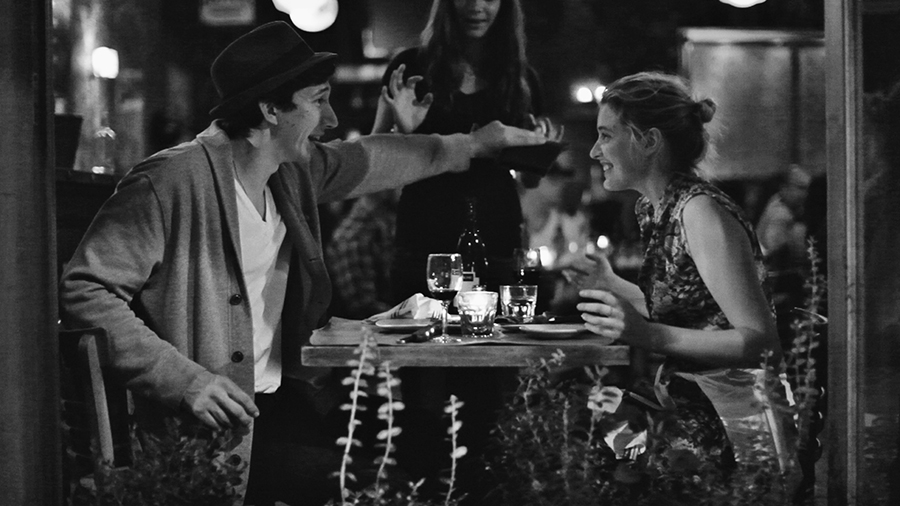
“Someone described her to me as being like a tumbleweed. She just kind of keeps rolling.”
Gerwig co-wrote the character of Frances for the film, which plays July 12 at the Tower Theatre. Onscreen, Gerwig plays Frances as a young but suddenly older New York woman whose dreams of having a successful dancing career, a secure life in the city, and closer relationships always seem to be just out of reach.
What is the worth of watching characters “tumble” their way through the plot? Why are unfulfilled dreams so interesting to witness in film characters?
In April 2011, Filmworks screened Alfred Hitchcock’s influential work, Psycho, as part of its monthly series. While drastically different from a film like Frances Ha in setting and tone, Hitchcock’s suspense tale also devotes its first half to characters who long for something intangible to fill their empty lives.
The film begins with Marion Crane in her desperate attempt to be with the man she loves– even if it means stealing $40,000. While on the run, she stumbles upon the Bates Motel and decides to stay the night during a rainstorm.
There, she meets the manager, Norman Bates, and it’s clear he has desires and dreams of his own.
Marion feels sorry for the young man, stuck managing a deserted motel and with a controlling mother. Their talk convinces her to make amends back home. Marion says, “I stepped into a private trap back there and I’d like to go back and try to pull myself out of it.”
As the plot develops, however, Marion’s dreams to be with her love interest and her conviction to clear her name go unfulfilled, and Norman remains in his darkness and isolation. Most film lovers know what becomes of them in the second half of the movie, even for those who haven’t seen it. Perhaps that’s part of the power of the film. It’s the very real personal struggles of both Marion and Norman– not their resolve– that keeps these characters alive and fresh in the minds of many filmgoers.
Such is also the case with Federico Fellini’s powerful 1957 classic Le notti di Cabiria (Nights of Cabiria). The film follows a quick-witted prostitute in a poor neighborhood in Rome. She owns a meager home and a small life savings, but she longs to leave her situation and find genuine love. Her friends call it vain hope while others take advantage of it and steal her property.
Throughout the course of the drama, Cabiria pursues her dream relentlessly, all the while insisting that she is self-sufficient and strong.
“I have my own house with water, electricity, bottled gas. I’ve got everything, even a thermometer,” she assures one of her customers.
As Cabiria wanders a deserted country road, completely destitute, a sobering smile begins to form as she hears music from a passing crowd, perhaps a symbol to keep going. Her strength in the pursuit is what ultimately makes her endearing.
While the coming-of-age troubles that Frances faces may prove to be less extreme by comparison, the sentiment of identifying with someone’s struggle remains true. In an interview with Refinery 29 magazine, Gerwig parallels the shaky life of Frances with her own as an independent artist. “You just always feel like you’re just one bad break from it all falling apart.”
But she says that the lost character trying to find his or her way often resonates with her: “I have a lot of empathy for them and I feel, in some ways, very close to them.”
Maybe it’s not so much in reaching the dream that an audience takes home with it, but rather it’s in the attempt at making that dream a reality. We would find little enjoyment in seeing a passive or ungrateful character be fulfilled out of chance, and even less with one wallowing in hardship without any desire for something better.
Even if we haven’t experienced the same aspirations and disappointments as shown in these characters, a good film will always make us feel that we have. And in the case of Frances Ha, the pursuit promises to be quite amusing and anything but black and white.
Andrew Veihmeyer earned his B.A. in communication from Fresno State. He is the Filmworks media relations and communication intern.
